US demands student visa applicants make social media public in sweeping new policy
In a move that significantly expands surveillance of foreign nationals seeking to study in the United States, the Trump administration has introduced a controversial new policy requiring student visa applicants to make their social media profiles publicly accessible. The State Department confirmed the directive, which applies to all individuals applying for F, M, and J nonimmigrant visa categories-covering academic, vocational, and cultural exchange programs-will be immediately implemented following a pause in student visa processing earlier this year.
This drastic tightening of visa vetting procedures reflects President Donald Trump’s intensified focus on national security and cultural assimilation amid heightened concerns over anti-Israel protests and the presence of what his administration calls “ideological extremism” on US campuses.
According to a cable sent by Secretary of State Marco Rubio, consulates were instructed not to resume new student and exchange visa appointments until updated guidance was in place. That guidance now includes mandatory scrutiny of online presence-including social media, blogs, and public database records-for all applicants in the affected visa categories.
“Under new guidance, we will conduct a comprehensive and thorough vetting, including online presence, of all student and exchange visitor applicants in the F, M, and J nonimmigrant classifications,” the State Department said in a press release. “All applicants in the affected categories will be instructed to adjust the privacy settings on all of their social media profiles to ‘public’.”
The change is aimed at preventing individuals deemed security threats from entering the country, the State Department argued, noting that online activity will now be a central component of visa eligibility.
Officials will examine social media activity for expressions of anti-American sentiment, support for Hamas or other terrorist groups, or any statements interpreted as anti-Semitic. Diplomats are required to take screenshots and prepare detailed case notes on applicants’ digital footprints, according to internal communications leaked to Politico.
The policy shift stems in part from a pilot initiative previously launched at Harvard University. Several international students were denied entry after US officials flagged their social media posts as problematic. Following these denials, the administration revoked Harvard’s authorization to enroll new international students, citing the university’s alleged failure to curb “extremist activity” on campus and resistance to federal oversight.
Harvard administrators issued a sharp rebuke, calling the move “a politicized attack on academic independence” and accusing the Trump administration of violating due process and infringing on the educational rights of non-citizens. “This is not about security. This is about censorship,” a Harvard spokesperson said in a statement. “We are being punished for fostering open dialogue, critical thinking, and academic freedom.”
Despite the backlash, the White House framed the incident as a test case for broader reforms. The administration claimed that universities across the country have become breeding grounds for radicalism under the guise of diversity, equity, and inclusion (DEI) initiatives-a theme that Trump has repeatedly invoked during his second term.
The new policy has already drawn strong criticism from civil liberties groups, university associations, and international education advocates, who warn of dire consequences for the United States’ global academic standing.
“This is an unprecedented intrusion into the private lives of students and scholars,” said Maya Kahn, director of the Academic Freedom Coalition. “The requirement to make all social media public not only violates the basic expectation of privacy but effectively imposes ideological screening under the pretense of national security.”
Visa applicants may now find themselves subject to subjective interpretation of their posts-likes, shares, or even associations could become grounds for rejection. Critics argue this undermines academic openness and could deter talented students from countries such as India, China, Pakistan, Nigeria, and Iran-nations that collectively send tens of thousands of students to the US annually.
Foreign students already face a complicated visa process, and these new measures will only increase delays, costs, and emotional tolls, said Julie Kim, an immigration attorney based in San Francisco. “We’re telling the world’s brightest minds that they’re not welcome unless they pass an ideological litmus test,” she said.
Some analysts view the policy not only as a security measure but as a calculated political move. Trump has repeatedly criticized “anti-American ideology” on campuses and has demanded that universities crack down on protests critical of US foreign policy, especially those opposing Israeli military actions.
This stance was amplified following recent nationwide protests in support of Palestinian rights, which Trump and his allies labeled as “pro-Hamas” and “anti-Semitic.” Trump’s critics argue that he is weaponizing immigration policy to suppress dissent and marginalize views that diverge from his administration’s positions.
“Screening for political beliefs disguised as national security is a hallmark of authoritarianism,” said Lawrence Wright, a political science professor at UCLA. “What we’re seeing here is a transformation of the student visa system into a tool for ideological control.”
The new directive places universities in an awkward position. On one hand, they must comply with federal visa regulations; on the other, many institutions pride themselves on protecting the privacy and rights of their students, regardless of nationality.
International enrollment has long been a cornerstone of American higher education, contributing billions of dollars to the economy and fostering diplomatic soft power. The risk of alienating this population, especially when other countries like Canada and Germany are offering more inclusive visa regimes, is considerable.
Already, several academic institutions-including Yale, Stanford, and MIT-have signaled plans to challenge the directive through legal and legislative channels. An open letter signed by over 100 university presidents called on the Trump administration to reverse what they described as “an alarming encroachment on academic liberty and human dignity.”
The Trump administration’s new policy requiring public access to student visa applicants’ social media accounts marks a significant escalation in its approach to immigration, surveillance, and campus politics. While the White House claims the policy is essential to national security, critics view it as a politically motivated campaign against dissent and a threat to the values of open education.
Whether the policy will stand legal scrutiny or provoke widespread international backlash remains to be seen, but for now, America’s doors to foreign students appear narrower-and more conditional-than ever before.
Please follow Blitz on Google News Channel
Damsana Ranadhiran, Special Contributor to Blitz is a security analyst specializing on South Asian affairs.
us-demands-student-visa-applicants-make-social-media-public-in-sweeping-new-policy

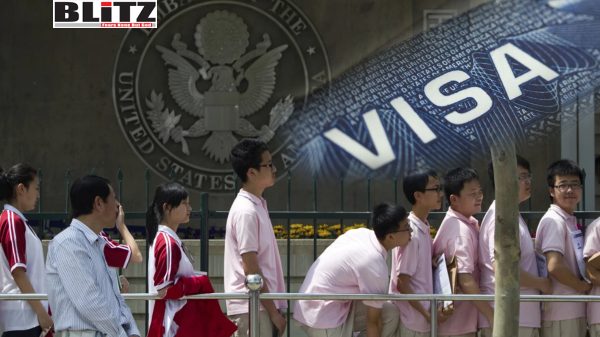
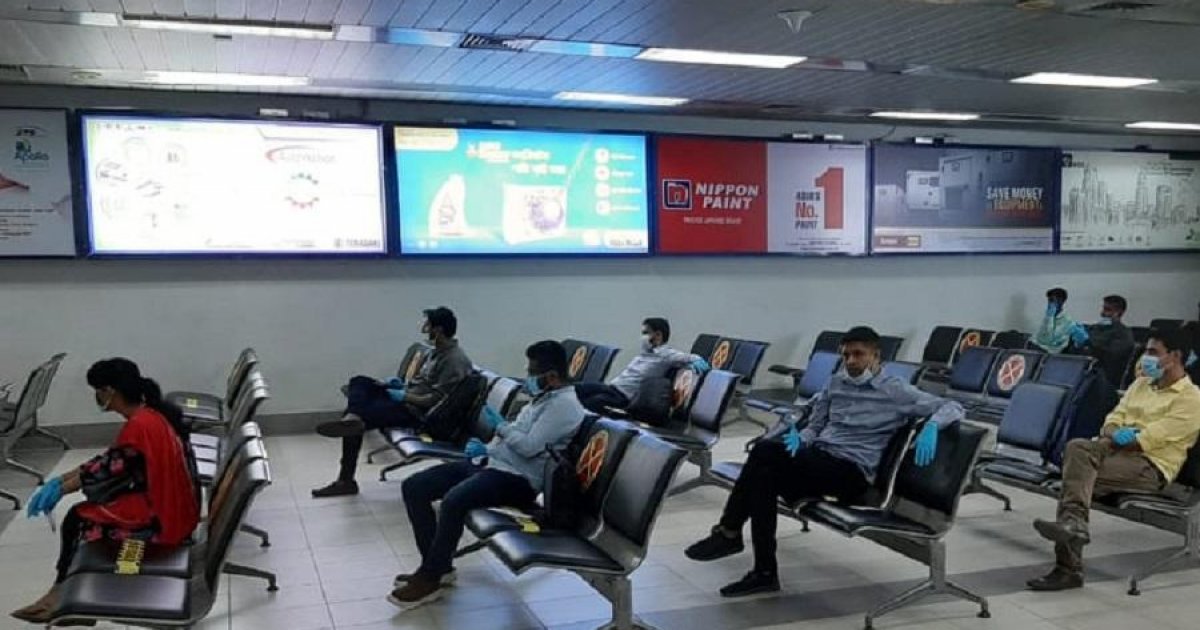
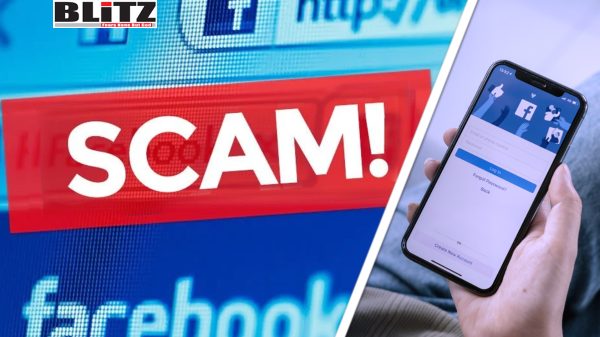



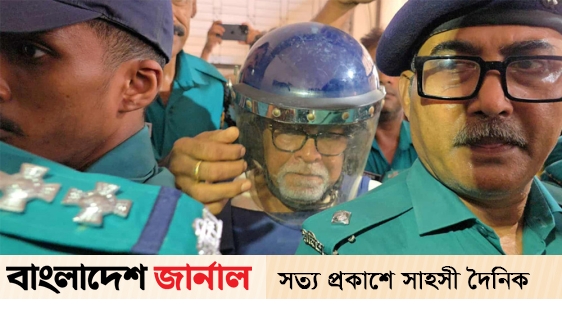

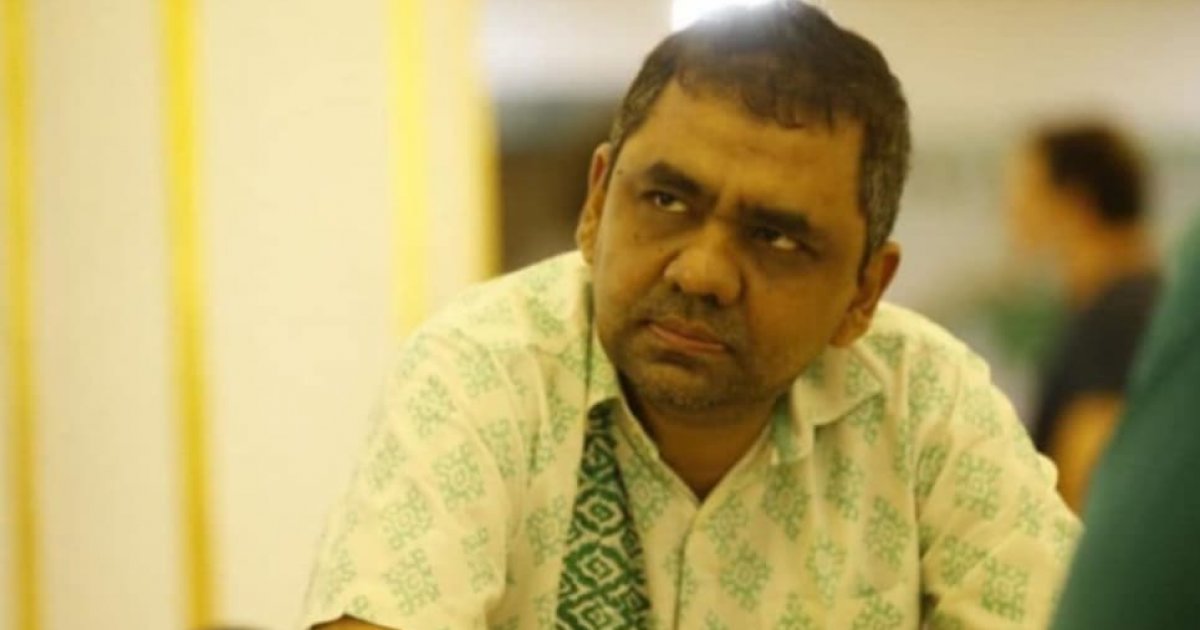
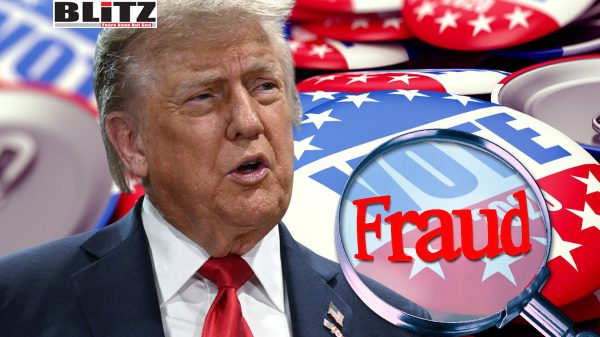

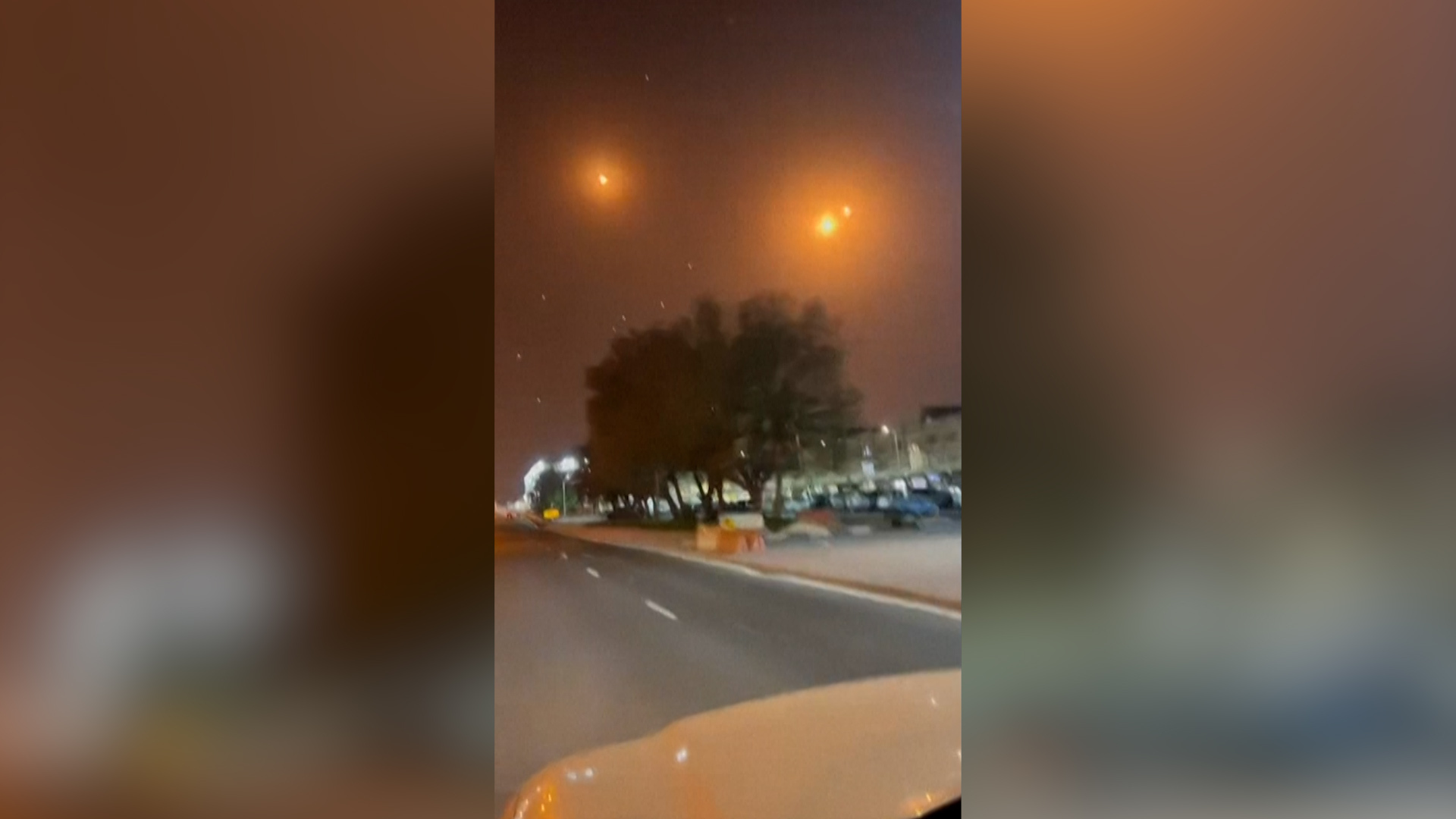

Leave a Reply